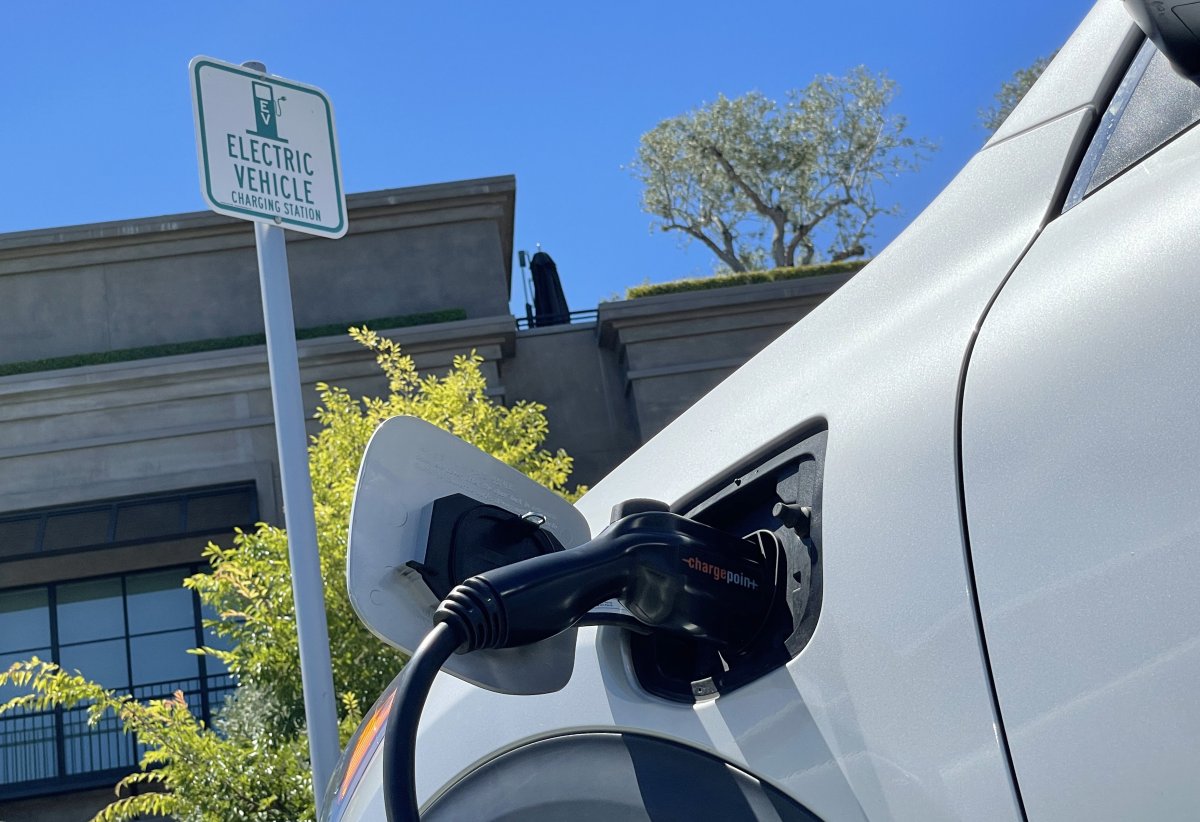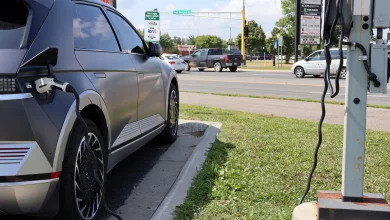California Considers Charging Drivers by the Mile

A new tax system that charges drivers based on miles driven instead of fuel consumed is being tested by California, driven by the state’s growing number of electric vehicles (EVs).
The state’s gas tax, which has traditionally funded road maintenance and is one of the reasons why California has some of the highest pump prices in the country, is collected every time drivers fill their gas tanks. But as more Californians switch to electric cars — 1.2 million EVs are already on its roads — revenue from the gas tax is dropping.
Read more: Best Credit Cards to Save on Rising Gas Costs
The state estimates the trend could blow a $4.4 billion hole in its budget over the next decade.
“On average, Californians pay about $300 a year in state gas taxes,” California Department of Transportation (Caltrans) spokesperson Lauren Prehoda told Los Angeles’ KABC. “EVs have a $100 (annual) registration fee… that’s a $200 million a year loss.”

Justin Sullivan/Getty Images
To address the gap, Caltrans is seeking volunteers to pilot a mileage tax, which the state believes to be a fairer system than the current gas tax. The cost of the per-mile tax would be about 3 cents per mile.
The program offers volunteers up to $400 in incentives to participate. They will receive $100 at the start of the pilot, another $100 at the end, and an additional $200 if they pay all their mileage fees over the six-month period.
Caltrans said participants can choose how to report their mileage, either by installing a tracking device in their vehicle, using their vehicle’s built-in tracking system or manually submitting odometer readings.
California leads the nation in EV adoption, with sales of zero-emission vehicles (ZEVs) increasing by over 1,000% in the last decade. In 2023, a quarter of all new cars sold in California were either battery electric, plug-in hybrid or fuel cell electric vehicles.
Other, smaller states have either implemented or are exploring mileage-based tax systems. Both Utah and Oregon have voluntary mileage tax programs that range from 1 to 2 cents per mile driven. Hawaii, Massachusetts, Minnesota, Tennessee, Vermont, Virginia, and Washington have all discussed or introduced legislation related to mileage-based taxes.
Meanwhile, Texas has opted for a different approach, charging EV owners a $200 annual registration fee to compensate for lost gas tax revenue. At least four other states — Iowa, Kentucky, Oklahoma, and Pennsylvania — are trying to recoup lost fuel tax revenue by taxing the electricity used at public charging stations.
Uncommon Knowledge
Newsweek is committed to challenging conventional wisdom and finding connections in the search for common ground.
Newsweek is committed to challenging conventional wisdom and finding connections in the search for common ground.



